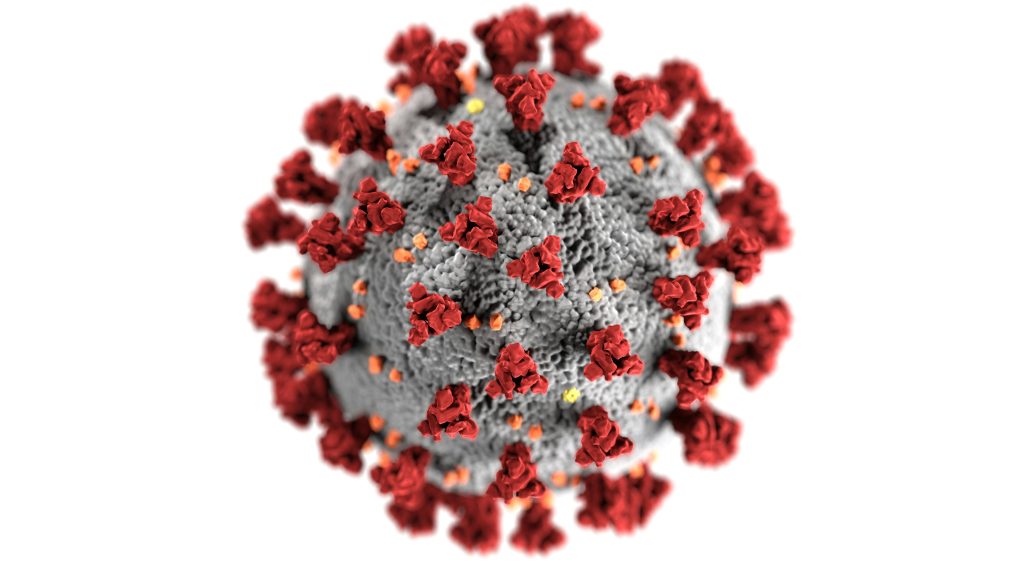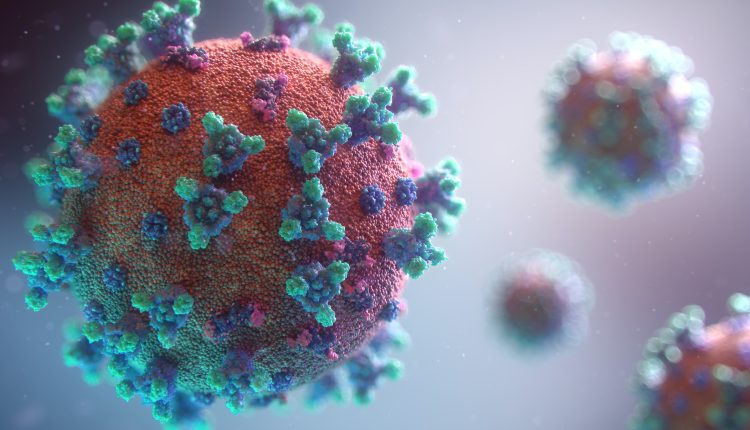As the calendar turns to 2023, New Jersey finds itself confronted with a fresh obstacle in the persistent COVID-19 pandemic. The rise of new variants, notably the JN.1 strain, has led to a surge in cases, introducing renewed concerns for public health and demanding a heightened state of alertness.
The Emergence of JN.1 and Its Counterparts
JN.1, a descendant of the BA.2 lineage of SARS-CoV-2, has earned the classification of a “variant of interest” from the World Health Organization (WHO). Distinguished by additional mutations in the receptor binding domain, JN.1 raises concerns about its potential to infect individuals with pre-existing immunity. As of late December 2023, JN.1 constitutes a notable percentage of COVID-19 cases in the United States, including New Jersey. The variant’s heightened transmissibility has led to an increase in infections, though current evidence does not suggest it causes more severe illness than other COVID-19 variants.
Read More:
- Navigating Northeast Ohio’s Unprecedented Winter Shifts
- Challenging Common Misconceptions: Understanding the Diverse People of Georgia
- New York City’s Legal Maneuver: Dismissal Request in Jose Alba Case
Public Health Vigilance and Protective Measures
In response to the surge in new variants, health experts underscore the importance of sustained vigilance. This involves adhering to COVID-appropriate behavior, such as the use of high-quality masks, practicing thorough hand hygiene, and ensuring proper ventilation in indoor spaces. Vaccination remains a pivotal component in preventing severe outcomes of the virus, with updated COVID-19 vaccines anticipated to enhance protection against variants like JN.1.

Impact on Vulnerable Groups
Certain demographics are urged to exercise heightened caution due to the prevalence of the JN.1 variant. This includes individuals with comorbid conditions, the elderly, those with obesity, and the unvaccinated. Recognizable symptoms associated with the JN.1 strain encompass fever, body aches, cough, sore throat, runny nose, and anosmia (loss of smell).
Statewide Strategies and Advisory Measures
Aligned with federal guidelines, New Jersey’s health authorities continue their close monitoring of the situation. The state remains proactive in disseminating advisories and guidelines to mitigate the virus’s spread, particularly during the winter season when indoor activities elevate the risk of respiratory infections.
Charting the Course Forward
As New Jersey contends with the evolving dynamics of the COVID-19 pandemic, the state commits to adapting its strategies for the protection of public health. The emergence of new variants, exemplified by JN.1, underscores the imperative for continuous research, surveillance, and public awareness to effectively counteract the virus’s spread.
The ascent of new COVID-19 variants, notably JN.1, heralds a new chapter in New Jersey’s ongoing battle against the pandemic. While the threat posed by these variants is tangible, the collective efforts of public health authorities, healthcare providers, and the community at large assume a pivotal role in managing the impact. Through sustained vigilance, adherence to public health protocols, and ongoing vaccination endeavors, New Jersey aims to navigate these challenges, safeguarding the well-being of its residents.

